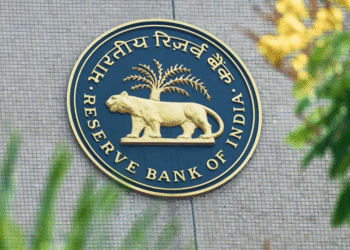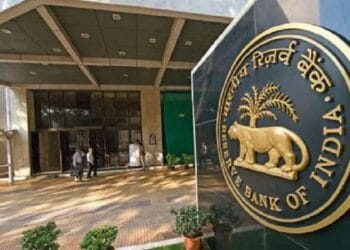Athira Sethu
Kochi, 19 June 2025
India’s market regulator, the Securities and Exchange Board of India (Sebi), has brought in a significant change that will benefit startup founders. On Wednesday, Sebi eased rules regarding employee stock options (Esops) for founders who are also referred to as promoters. It is welcome news for most startups planning to list their businesses on the stock market.
What Has Changed?
Prior to this shift, founders who were defined as promoters were excluded from holding Esops (employee stock options). If they happened to possess Esops, they were required to surrender them prior to their firm’s ability to float an Initial Public Offering (IPO).
Finally, Sebi states that entrepreneurs can retain or sell their Esops if the options were granted at least one year prior to the company’s IPO filing. This applies even after the company goes public.
Sebi explained the former rule was creating issues for founders who struggled hard to build their startups. The new rule will assist in rewarding these founders and enable them to remain invested in their organizations.
Why Is This Important?
There are about 20 Indian startups set to go public in the near future. This new regulation will serve to help these businesses better plan and avoid issues near their IPO dates. It also provides founders with a straightforward mechanism to be compensated for their efforts.
Experts point out that this shift aligns with how startups actually function, where founders are often both owner and employee. Now they can be issued stock options like regular employees, even when the company becomes public.
Other Big Changes by Sebi
Sebi further stated that shares should be in electronic (demat) form before a company goes for IPO. This also includes those shares of promoters, directors, and other large investors. This will decrease fraud, guard records of shares, and render the market more secure.
Sebi is also simplifying the process for companies first registered abroad to relocate their base back to India and list themselves on Indian stock exchanges.





















